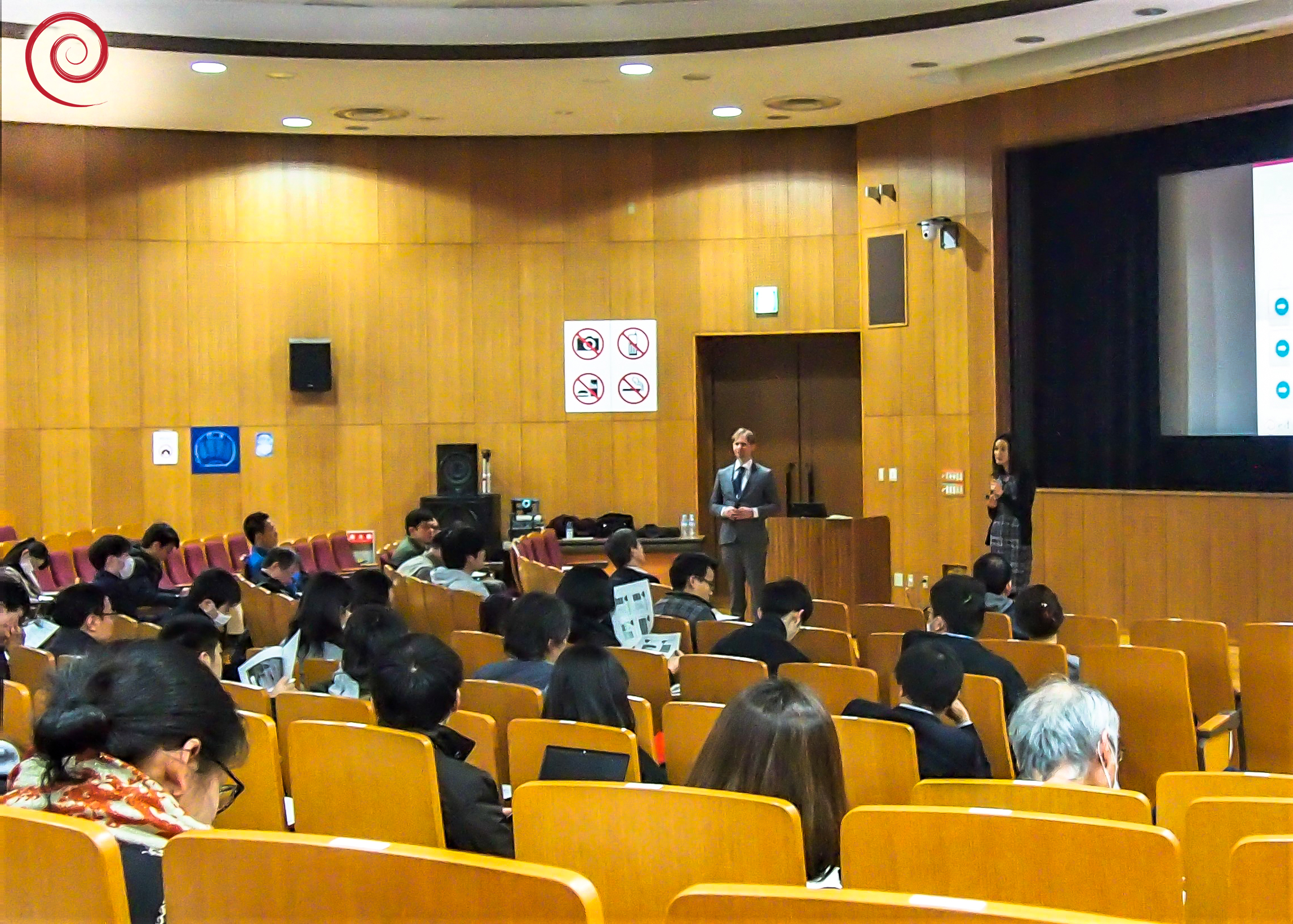
By learning how to effectively communicate your research findings at conferences and in research manuscripts, you will increase your chances of becoming an active member of the international academic and research community.
At Edanz seminars and workshops, audiences of postgraduate students and early-career researchers regularly ask for advice about career development. They wonder what the secrets are to building an international reputation in their research discipline. They want to know the current conventions and best practices of conference presentation (oral and poster), professional networking, journal submission and peer review, promoting research online, and how to become a peer reviewer. They also highlight the additional problems they face when English is not their first language.
Last year, I co-authored an essay on this topic in European Science Editing, the journal of the European Association of Science Editors. The article was about the publishing challenges experienced by researchers for whom English is a second language.
Understanding journals
In addition to learning the conventions of academic English and the specific style and format required by individual journals, researchers also have to navigate a journal's submission and publishing processes. Different types of peer review and different publication and charging models are appearing. There are also many unspoken rules about the etiquette and language needed when communicating with international journals during manuscript submission and peer review.
Some of the questions that have been asked about these challenges can be found in the European Science Editing article. They include how to find a trustworthy journal (...Check with the guidelines at the website ThinkCheckSubmit.org); how to find a trustworthy editing service (...Check it belongs to a professional organization such as COPE); and what to do if there has been no reply about the progress of a manuscript submission (...Politely enquire by email, stating your manuscript-tracking number).
Researchers also have problems when they cannot understand peer review comments or advice for revision from the journal's editor or peer reviewers (...Ask a native English speaking colleague to help interpret the correspondence; write to the editorial office if there are any further queries or if reviewers contradict each other).
Unfortunately, journal instructions can sometimes be unclear and confusing--for example, they may not explain exactly what is included in the word count, what a running title is (short version of the title that the journal will add to the top or bottom of article pages), or that double spacing means double line spacing (...Journal instructions should ideally be in "plain" English, which is used by some governments and companies to communicate with the general public. It includes the use of "you"/"we"/"us", everyday words, conversational style, active voice, direct commands [imperative verbs], short sentences, bulleted/numbered lists, and contractions such as "can't" and "don't").
Understanding writing
Queries about the writing and revision process include how to learn about research writing and presenting (...Ask your institution to arrange seminars or to invite trained language professionals to provide seminars); where and when to start writing during the research process (...You can start drafting your Methods even before you have finished your research, as explained in this Edanz infographic); and what ethical issues to be aware of during publication (...Fabrication, falsification, and plagiarism, among others).
Language questions also arise in the context of what is generally accepted or expected by international scholarly journals. It is particularly confusing when people have been taught one thing at school, told something else by a supervisor, and then told something else again by a well-meaning reviewer or colleague. Myths and incorrect rules are common.
For example, I have been asked the following:
- Should only passive voice be used in a manuscript? (...No; unless the journal says otherwise in its instructions, you may use both passive and active. However, check past articles to see if there is a tradition of using only passive voice in the Abstract or Methods section.)
- Should "may" be avoided in a conclusion? (...No; "may" is a useful modal verb of possibility or permission and could still be part of a conclusion.)
- Should "because" be avoided and "since" used instead? (...No; "because" is a subordinating conjunction that introduces a reason/cause at the start or in the middle of a sentence, depending on if you want to state the reason/cause before or after the effect. Only use "since" to mean "because" if there is no risk of misreading "since" to mean "starting from a certain point".)
- Can sentences begin with "and" or "but" in journals? (...Starting a written sentence with a coordinating conjunction may be viewed as being too conversational in research articles because you create a sentence fragment. However, this style may be allowed for special effect in commentary, editorial, and viewpoint pieces, as well as in humanities journals.)
- Can sentences end with a preposition? (...Yes; although prepositions at the end of a sentence [known as stranded, terminal, trailing, or deferred prepositions] are usually avoided in formal writing, they are sometimes unavoidable. Examples include sentences with Wh- question words, passive constructions, idiomatic phrases without an object such as "to begin with", and verbs in which the preposition is actually an adverb particle [e.g., It was unknown why none of the ideas had been taken up].)
The Edanz Education and Engagement Team will be offering more advice and tips in due course, so please bookmark this blogsite and follow Edanz Group in Facebook and Twitter. In the meantime, you are welcome to take our free writing and publishing foundation course at our online Edanz Author Academy. If you have any questions on writing manuscripts and publishing in international journals, please email me at <tlane@edanzgroup.com>.
Happy writing!
Dr Trevor Lane
Education Director and Senior Publishing Consultant
Edanz Group
Note: Edanz Group is a corporate associate member of COPE, and Dr Trevor Lane is an individual associate member and Council Member of COPE. COPE is a founding and contributing organization of Think. Check. Submit.




